‘Not treated like humans’: Ukrainian women on Russian captivity | Russia-Ukraine war News
Kyiv, Ukraine – In May, 26-year-old Ukrainian military nurse Viktoria Obidina was forced to part with her four-year-old daughter.
“I was glad she wasn’t near me,” she told Al Jazeera, describing how she trusted a total stranger to take Alisa away on a bus.
Mother and daughter were in a filtration camp for Ukrainian prisoners of war captured in the southern city of Mariupol, and Obidina was about to be whisked away to a Russian detention centre.
“They could have tortured me near her or could have tortured her to make me do things,” she explained matter-of-factly.
“They” were the Russian servicemen and pro-Russian separatists who interrogated her and roughly 1,000 Ukrainians who emerged from Azovstal, a huge steel plant that was the last Ukrainian holdout in besieged Mariupol.
Azovstal withstood almost three months of constant attacks, and its defenders left their underground bunkers only after a direct order from Kyiv.
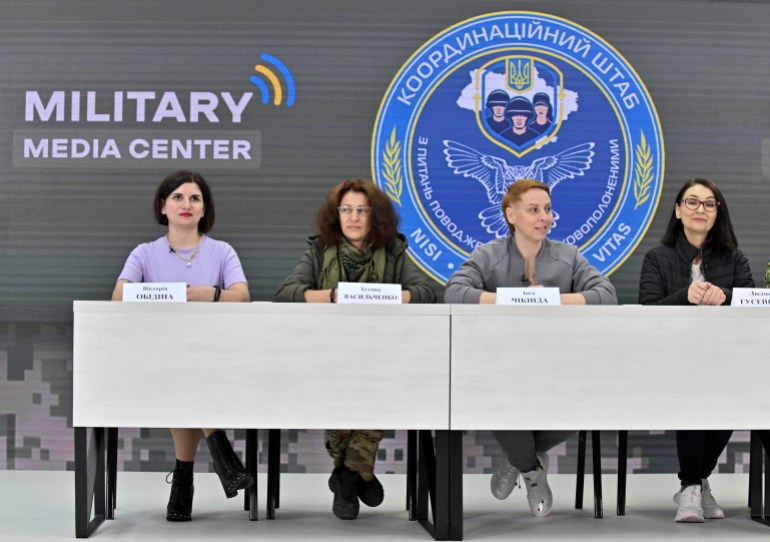
The separatists threatened to sentence some servicemen to death and kept them in concentration camp-like conditions for months, just as they do with thousands of other Ukrainian prisoners of war.
Some of the POWs are women. And some have been subjected to starvation, torture and sexual humiliation, Ukrainian officials and former POWs say.
“These people hold nothing sacred,” Inga Chikinda, a Lithuania-born marine who was among 108 servicewomen and civilians released on October 17 in a POW swap.
“There were times when we were starving,” Chikinda told Al Jazeera. “We were not treated like humans.”
She lost 8kg (17.6 pounds) in one of the Russian jails.
Their captors kept them away from non-Russian news outlets and any contact with their relatives and Ukrainian officials.
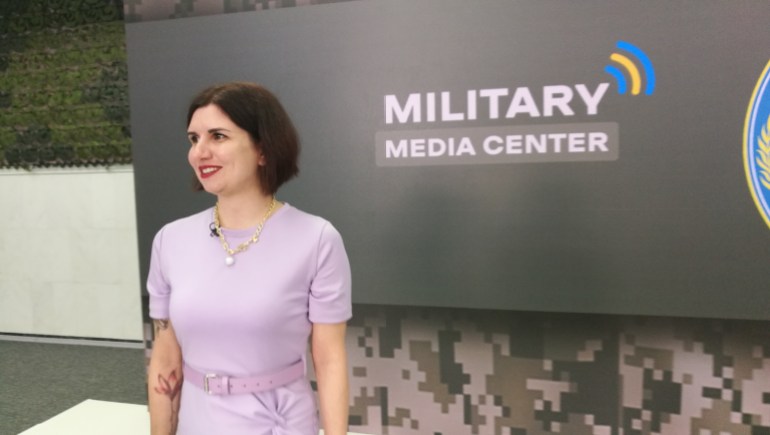
“We were in an information vacuum,” Tetiana Vasylchenko, a bookkeeper-turned-paramedic who was captured in Mariupol in early March, said at a Kyiv press conference on Wednesday.
“They loved saying, ‘Ukraine doesn’t want you. Nobody wants to swap you,’” she said.
But the women found ways to keep their spirits up.
One time, 27 women packed in a tiny cell designed for six people whispered the Ukrainian anthem, Vasylchenko said.
“This was incredible,” she said. “All doubts disappeared. The girls’ eyes lit up.”
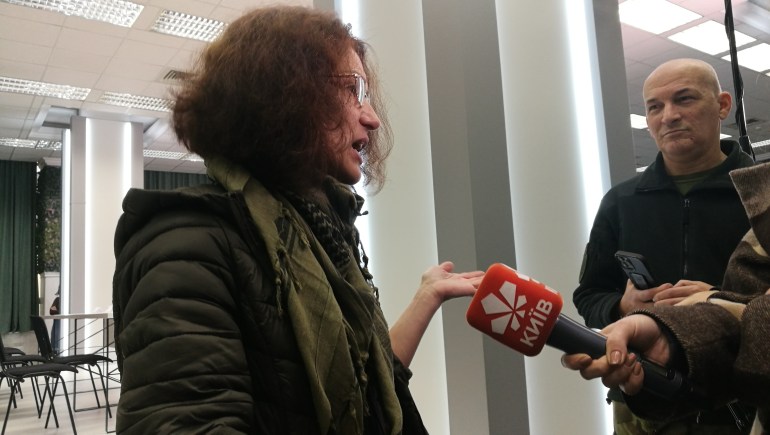
The women were routinely denied basic healthcare.
Liudmila Guseinova, who started helping rural orphans living near the separatist-held areas in Donetsk in 2014, was captured in 2019.
“For three years, I couldn’t get an ophthalmologist to see me, to simply get a pair of glasses,” she said. Separatist leaders charged her with espionage, treason and extremism.
After three years and 13 days in captivity, she has lost 70 percent of her eyesight, she said.
Like other POWs, Guseinova could only watch Russian television channels but picked up on Moscow’s battlefield losses from the changing tone of news reports and talk shows.
“The angrier [TV anchors Olga] Skabeyev, [Vladimir] Solovyev and other Russian propagandists got, the better we understood that Ukraine was winning,” she said.
One of the places where Guseinova was held was Isolyatsia, a concentration camp in Donetsk where thousands of people have allegedly been tortured since 2014.
Survivors say they were beaten, waterboarded, shocked and raped with electric rods. They report having their teeth and nails removed, being buried alive for hours and facing mock games of Russian roulette and executions.
Torture “goes on for hours. You lose the sense of time, and the most horrible thing is that you can’t stop it,” Ihor Kozlovsky, a theologian who spent several months in Isolyatsia, told Al Jazeera in 2021.
A military official who organises military swaps said the newly released POWs appear broken and depressed.
“When people came out of the bus, there was a smell of fear, despair,” Colonel Volodymyr Petukhov told Al Jazeera.
“They walk differently, they speak differently, they look differently,” he said.
Kyiv considers the release of each POW a priority – even if they have to be swapped for high-profile figures suspected of spying for Moscow.
Pro-Kremlin Ukrainian oligarch Viktor Medvedchuk, who was charged with high treason, was among 55 people Ukraine swapped for 215 Azovstal defenders and other servicemen in late September.
“Ukraine remembers everyone,” said Petro Yatsenko, an author who helped negotiate the prisoner swap. “Ukraine will get everyone back.”
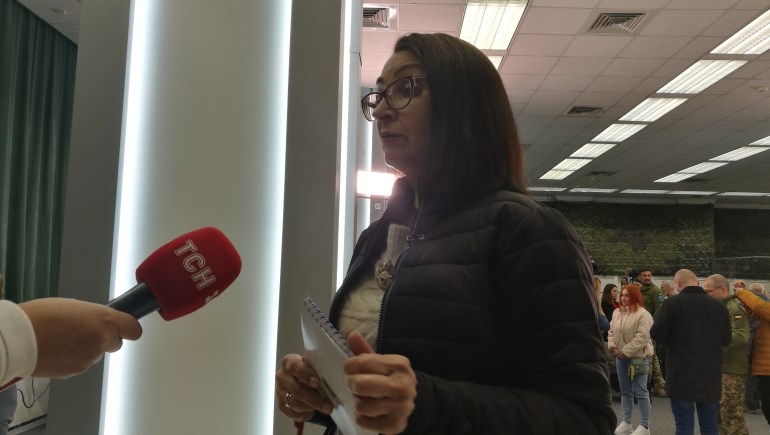
Back in March, the Mariupol apartment building that nurse Obidina and her daughter, Alisa, lived in was being shelled when a Ukrainian serviceman calmly waited for them to pack up and go to a bunker under the Azovstal steel plant.
The serviceman was later killed by a Russian sniper, she said.
Alisa spent almost two months in the bunker with other civilians, horrified by the constant bombardment by Russian planes, cruise missiles and artillery.
She helped her mother hand out painkillers to wounded soldiers, read books and played with other children – but kept asking her mother about death.
“’Is this our last day?’” she once asked.
Alisa pulled at the heartstrings of millions of Ukrainians after she was seen in the steel plant in a a shaky video filmed with a mobile phone camera.
As she leafed through a book, the child said she wanted to go home and say hello to her grandmother Svitlana.
But the video led to Obidina’s arrest and imprisonment.
When they came out of Azovstal’s underground hell, a Russian soldier recognised the child.
“I was told Alisa would be sent to an orphanage and I would be arrested,” Obidina said.
Luckily, a woman at the filtration camp in the southeastern town of Mangush told Obidina she could take Alisa to Ukrainian-controlled territory.
Obidina agreed right away.
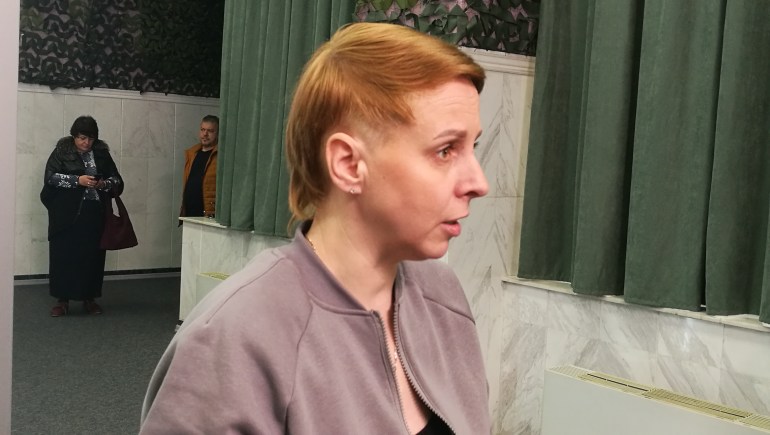
Alisa’s bus spent days stranded in no man’s land in the southern region of Zaporizhia.
Then Alisa reunited with her grandmother, and both fled to Poland, where the child attends kindergarten and is learning Polish.
Her mother spent 165 days in concentration camps in the separatist-held parts of Donetsk.
One was the sprawling Olenivka prison, where 60 Ukrainian servicemen were killed on July 29.
Moscow accused Ukraine of hitting their barracks with a US-supplied cruise missile, but media reports suggested the blast was caused by the Russians and separatists.
During her captivity, Obidina was allowed to call Alisa once, on the morning after her fifth birthday.
In exchange, her Russian captors coerced her into memorising anti-Ukrainian statements and saying them on camera for a Kremlin-controlled television network.
“I was forced to say what they wanted to hear,” Obidina said.
Weeks later, she was swapped and returned to Ukraine. She never got back the documents, jewels, phone or money she handed over during her arrest.
She will reunite with Alisa after several weeks of psychological rehabilitation in the eastern city of Dnipro.
“I’m only a month away from her,” she said with a radiant smile.

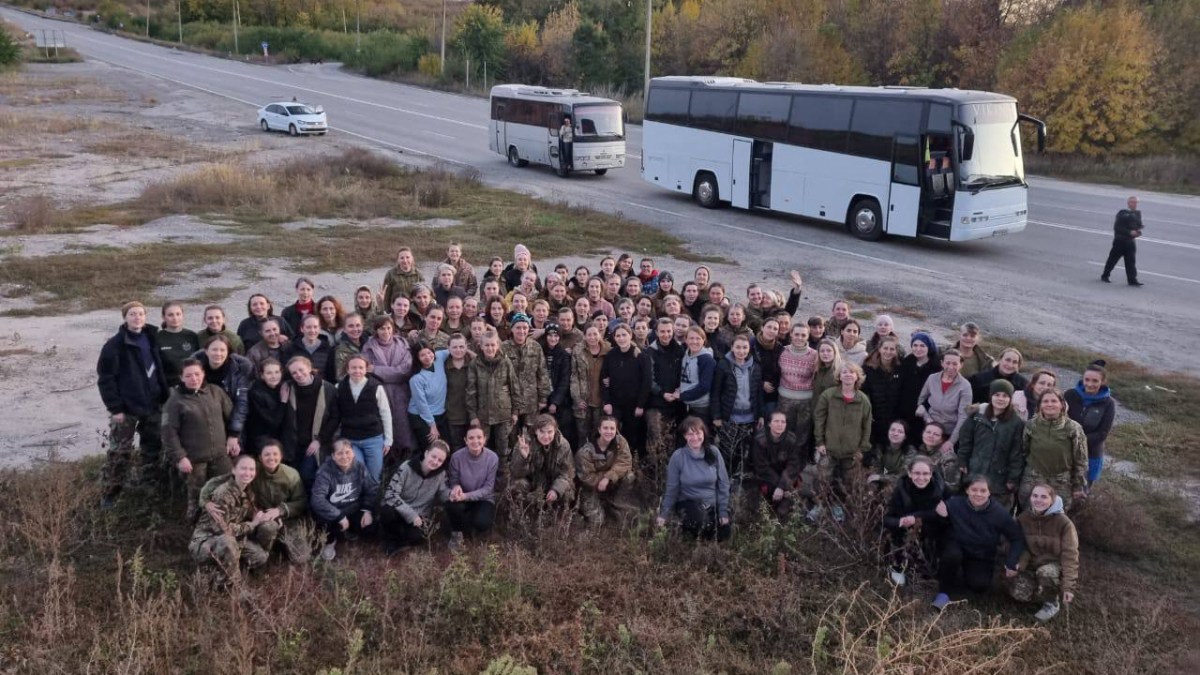
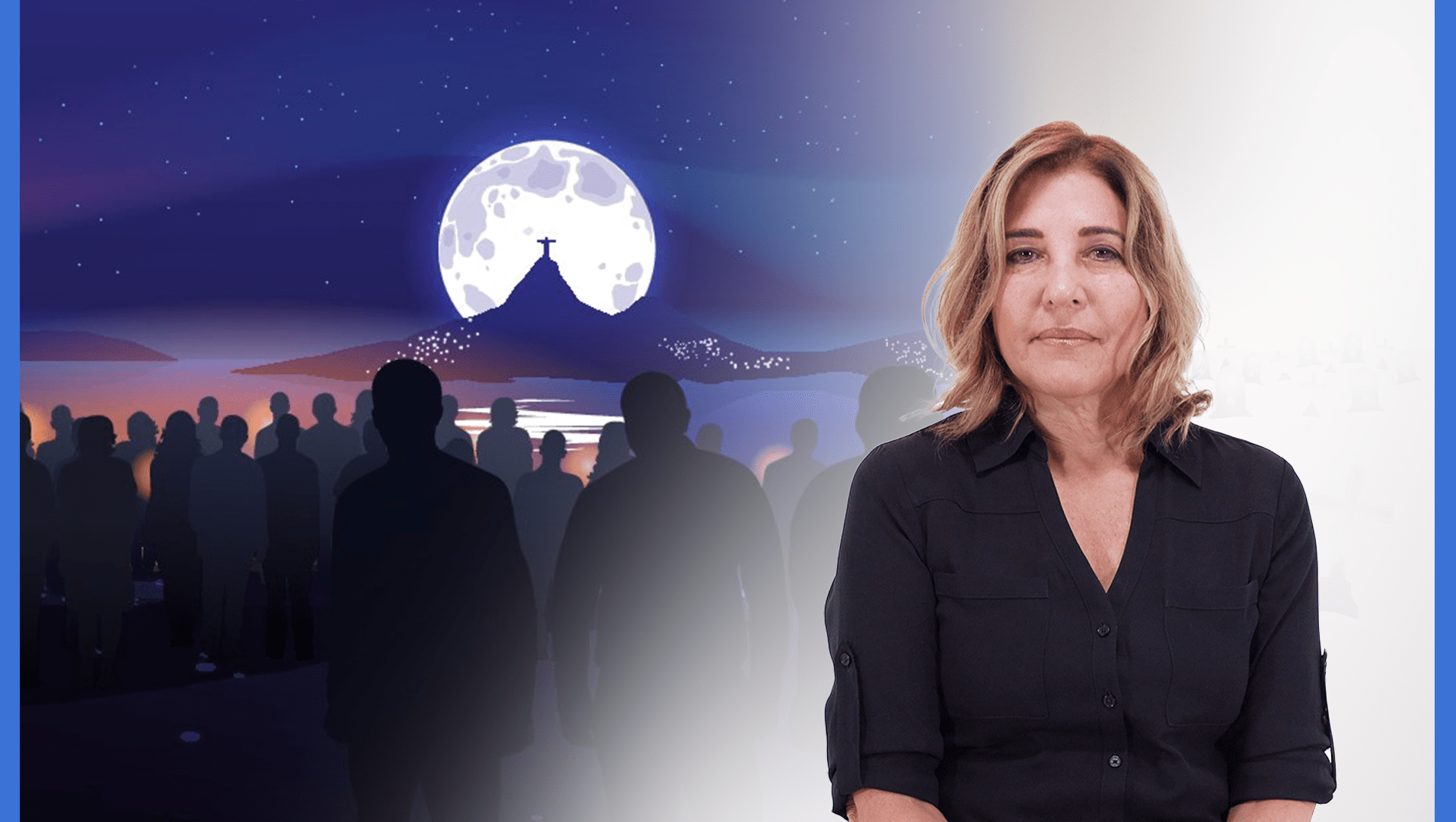
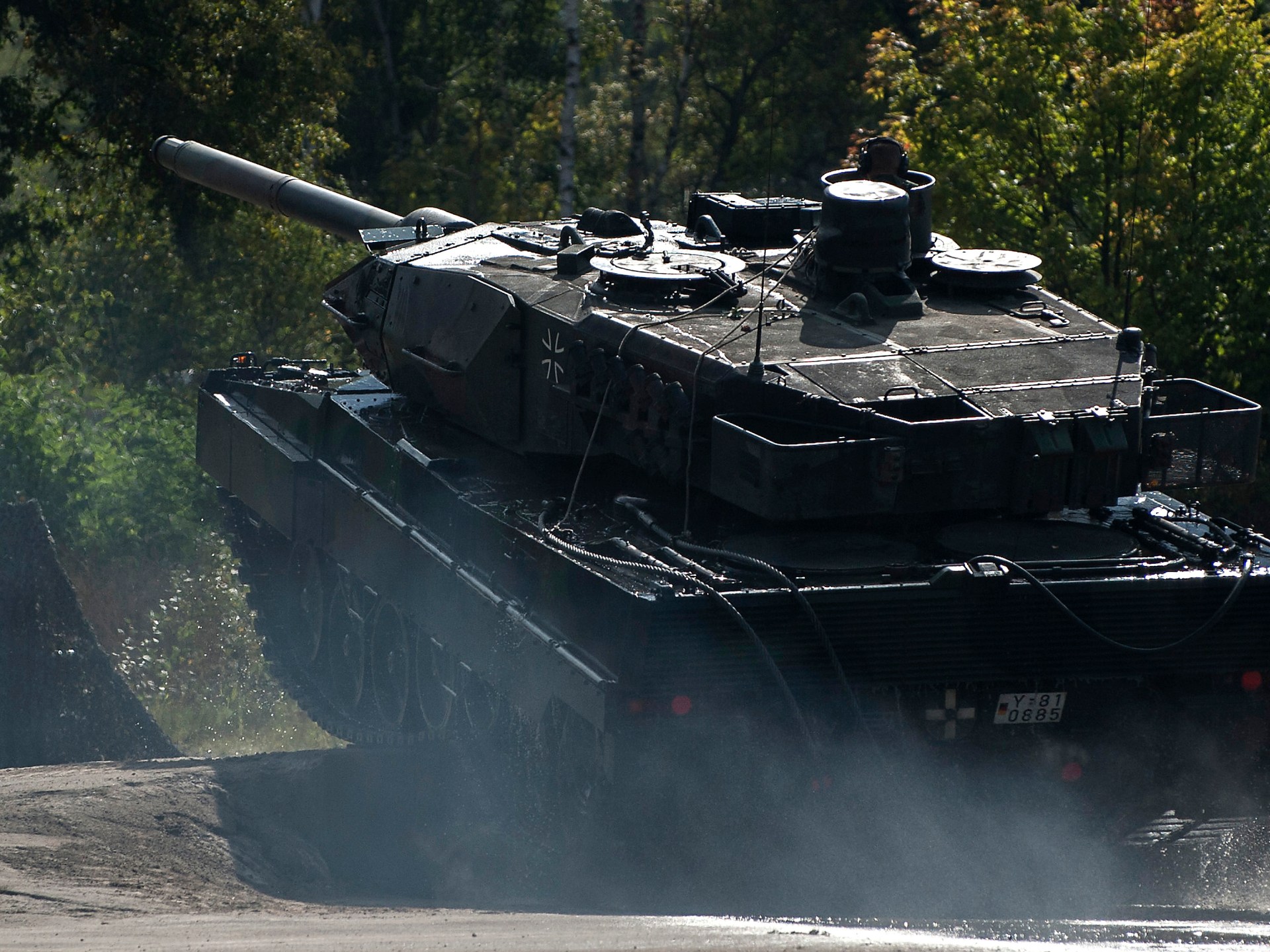

Pingback: ทดลองเล่นpg
Pingback: Order Psilocybin pills online Germany
Pingback: รับทำเว็บ WordPress